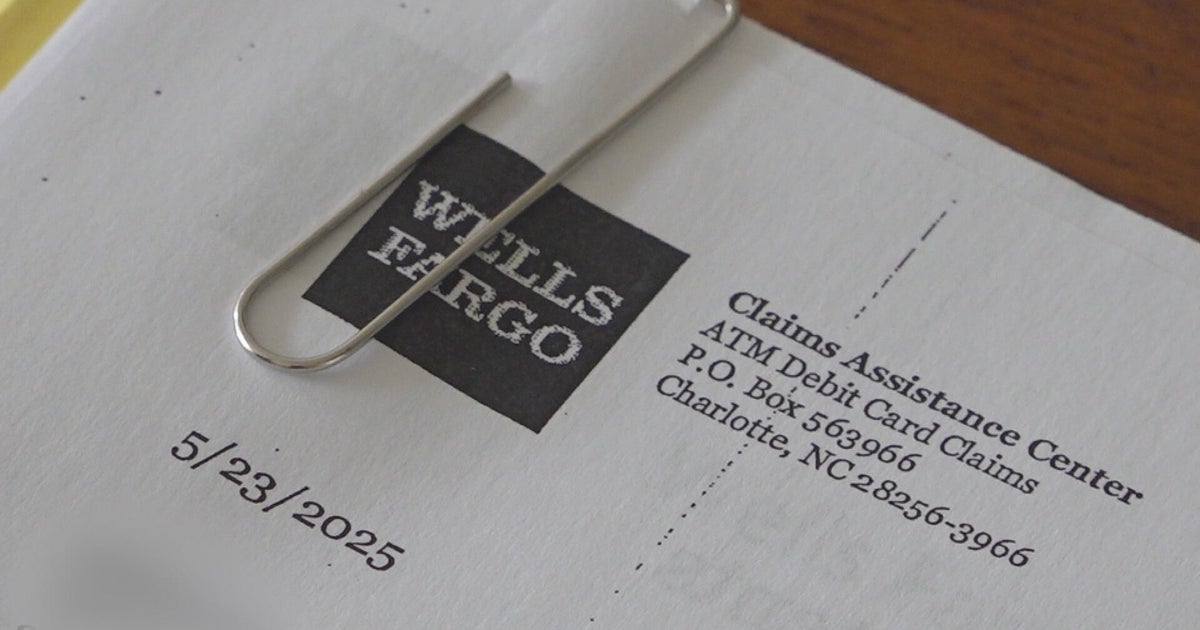Hardship withdrawals from 401(k) plans hit record high
The percentage of Americans turning to so-called "hardship withdrawals" from their retirement accounts recently hit a record high, according to investment firm Vanguard.
To be sure, the percentage of workers who are using this strategy remains small: Just 0.5% of workers participating in a 401(k) plan took a hardship withdrawal in October, but it's the highest share since Vanguard began tracking the number in 2004, the investment company said in a recent investor study.
Hardship withdrawals are a kind of financial lifeline, allowing workers to tap their 401(k)s for money if, according to the IRS, they have "an immediate and heavy financial need." The rise in hardship withdrawals comes after a challenging year for many Americans, who are coping with the highest inflation in 40 years, as well as a sagging stock market and slowing economy.
"It's always a concern when you see participants in [retirement] plans pulling money out to address financial hardship," said Dave Stinnett, Vanguard's head of strategic retirement consulting. "The market has been down significantly for most of the year, and there's an inflationary spike that is concerning."
Some IRS rule changes over the past several years have also made it easier for Americans to take a hardship withdrawal, Stinnett added. For instance, a 2018 regulatory amendment allowed workers to withdraw not only their own contributions, but also the funds contributed by their employer in a company match.
"There is less friction than there used to be," Stinnett said.
Medical expenses, eviction threats
Under IRS rules, hardship withdrawals can only be for the amount "necessary to satisfy that financial need." The person taking the money out of their 401(k) must pay tax on the funds, but they don't have to repay the money to their account. Such withdrawals can be made in response to a number of financial issues, ranging from medical expenses to payments necessary to avoid eviction, according to the IRS.
There are other options for people to tap their 401(k)s before retirement without necessarily invoking financial hardship. For instance, people can request a loan against their retirement fund, although the money must be paid back, or they can simply take an early withdrawal while paying a 10% penalty.
Although financial professionals generally recommend against early withdrawals from retirement accounts, some workers may nevertheless need to take a partial distribution when facing financial stress, Stinnett added. At the same time, companies that offer retirement plans to their employees can take some steps to help their workers stick with their long-term goals, such as offering financial counseling.
"Sometimes people need a coach and need to be reminded of the long-term benefits of keeping your money in a retirement plan," Stinnett said. "Talking about decades of compounding, and then there is the opposite side of the coin — that's what you lose when you pull that money out."
- Shocking number of Americans have no retirement savings
- Inflation making it tough for Americans to save for retirement
Millions of Americans aren't financially prepared for retirement, with a recent survey from Northwestern Mutual finding the typical American now anticipates they'll need $1.25 million for a comfortable retirement. The average retirement account stood at $86,869 this year.
"Participants in plans should be focused on achieving a rate of replacing 70% of income in retirement," Stinnett said. "For most people to get there you need to save between 12% to 15%" of your income each year.
But, he added, that's more difficult for people without access to company-sponsored plans, like 401(k)s. Only about half of Americans participate in a retirement account at work, according to Stanford research.
"It's much more difficult to save for retirement and accumulate wealth if it's not made easy for you," Stinnett added.



